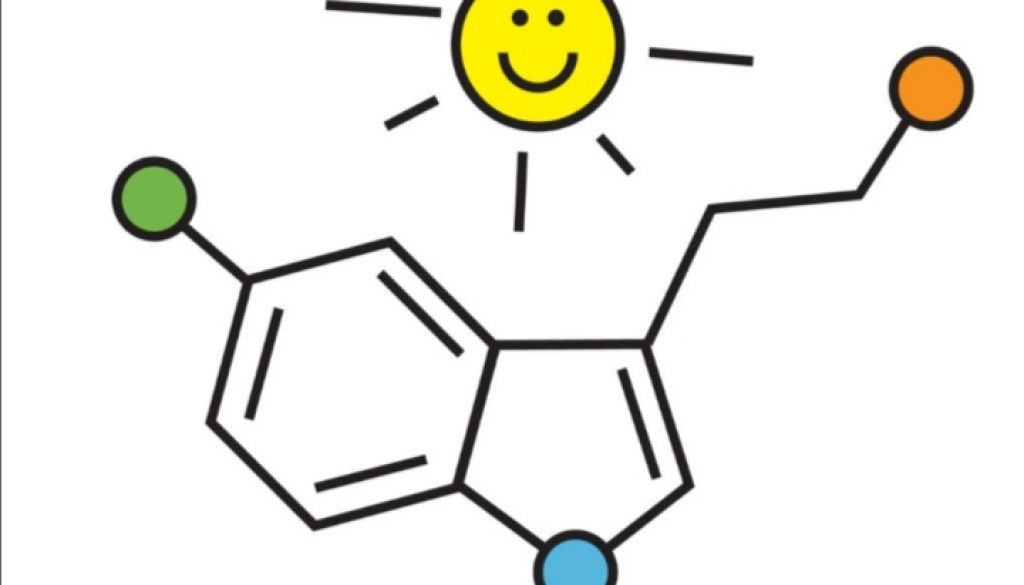The Role of Serotonin in Mental Health: Understanding the Complexities
Serotonin is a neurotransmitter that plays a crucial role in regulating various physiological and psychological processes, including mood, appetite, sleep, and pain. Its impact on mental health is profound, and research has shown that serotonin dysregulation is involved in various mental health disorders. In this article, we will delve into the complexities of serotonin’s role in mental health and explore its implications for treatment and management.
What is Serotonin?
Serotonin, also known as 5-hydroxytryptamine (5-HT), is a neurotransmitter produced by the brain and intestines. It is synthesized from the amino acid tryptophan and plays a vital role in transmitting signals between neurons. Serotonin is involved in various physiological processes, including:
Regulating mood and emotional response
Modulating appetite and satiety
Influencing sleep-wake cycles
Regulating pain perception
Maintaining gut health
The Impact of Serotonin on Mental Health
Serotonin’s impact on mental health is complex and multifaceted. Research has shown that serotonin dysregulation is involved in various mental health disorders, including:
Depression: Low levels of serotonin have been linked to depression, and selective serotonin reuptake inhibitors (SSRIs) are commonly used to treat depressive disorders.
Anxiety: Serotonin dysregulation has been implicated in anxiety disorders, including generalized anxiety disorder and social anxiety disorder.
Bipolar Disorder: Abnormalities in serotonin signaling have been linked to bipolar disorder, particularly in the context of mood stabilization.
Obsessive-Compulsive Disorder (OCD): Serotonin dysregulation has been implicated in OCD, and SSRIs are commonly used to treat this condition.
Post-Traumatic Stress Disorder (PTSD): Abnormalities in serotonin signaling have been linked to PTSD, particularly in the context of stress response and emotional regulation.
Mechanisms of Serotonin’s Impact on Mental Health
The mechanisms by which serotonin impacts mental health are complex and involve multiple pathways. Some of the key mechanisms include:
Neurotransmitter modulation: Serotonin modulates the activity of other neurotransmitters, including dopamine, norepinephrine, and GABA.
Receptor binding: Serotonin binds to various receptors, including 5-HT1A, 5-HT2A, and 5-HT3, which are involved in different physiological processes.
Neuroplasticity: Serotonin influences neuroplasticity, the brain’s ability to adapt and change in response to experience.
Implications for Treatment and Management
The complex role of serotonin in mental health has significant implications for treatment and management. Some of the key takeaways include:
Pharmacological interventions: SSRIs and other serotonergic medications can be effective in treating various mental health disorders.
Lifestyle modifications: Lifestyle modifications, such as exercise, mindfulness, and social support, can influence serotonin levels and improve mental health outcomes.
Nutritional interventions: Nutritional interventions, such as increasing tryptophan intake, can support serotonin production and improve mental health outcomes.
Conclusion
Serotonin plays a critical role in regulating mental health, and its dysregulation is involved in various mental health disorders. Understanding the complex mechanisms by which serotonin impacts mental health can inform treatment and management strategies. By integrating pharmacological, lifestyle, and nutritional interventions, individuals can support serotonin function and promote optimal mental health outcomes.



